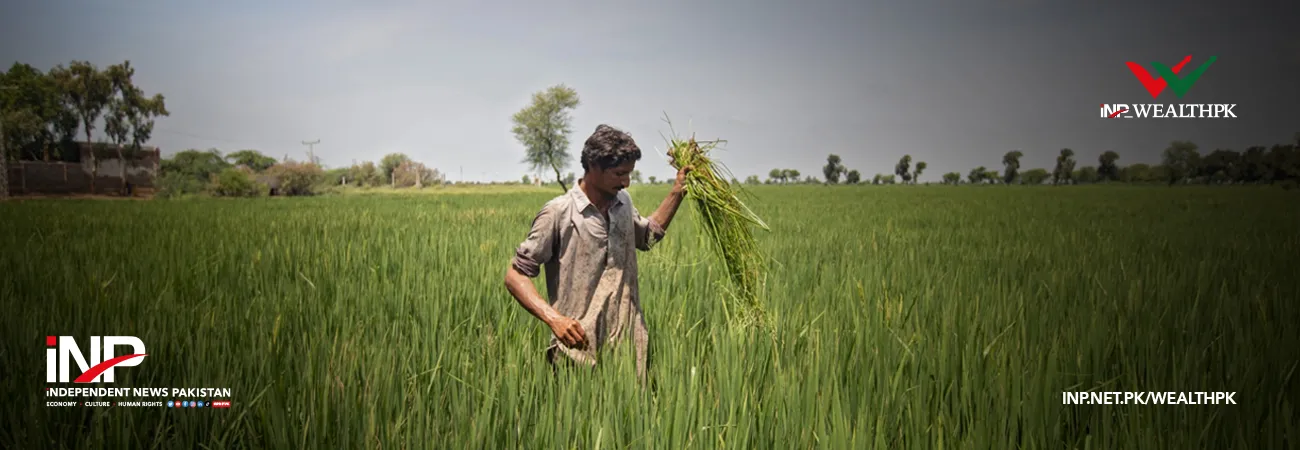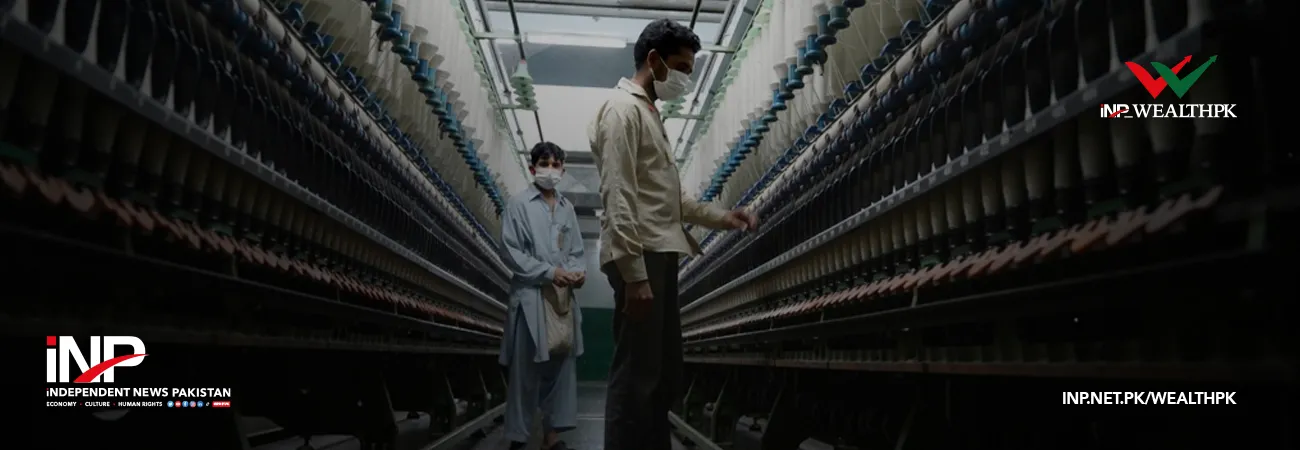INP-WealthPk
Arooj Zulfiqar
As Pakistan’s agriculture sector faces significant post-harvest losses, comprehensive training programmes for farmers are needed to mitigate these losses, bolster production and strengthen rural economies. “Pakistan’s climate diversity enables the production of various fruits and vegetables, yet post-harvest inefficiencies stemming from limited infrastructure, improper handling and inadequate storage result in substantial losses. Training farmers on effective crop management and post-harvest techniques is vital,” stresses M Bilal, a senior scientific officer at the National Agricultural Research Centre (NARC). Speaking to WealthPK, he said: “If we aim to reduce food wastage and optimise the value of our agricultural produce, we must educate our farmers on methods that extend shelf life and improve product quality.”
Bilal said an estimated 35-40% of fruits and vegetables in Pakistan were lost due to ineffective handling and logistics. “These losses could be significantly reduced if farmers receive guidance on advanced post-harvest handling techniques. This training would cover essential methods such as sorting, grading, and packaging, all of which contribute to preserving produce quality during transport and storage.” He said around 15-20% of produce was lost right after harvest due to improper management, highlighting the need for a better approach at the grassroots level.
Talking to WealthPK, Dr Hidayatullah, principal scientific officer at NARC, said: “Implementing training programmes within rural communities is critical not only for reducing losses but also for encouraging local entrepreneurship and creating job opportunities.” He said the establishment of localised training hubs would enable farmers to access knowledge directly and quickly apply best practices in their fields. “Furthermore, integrating value-added processing facilities like drying, juicing and canning in rural areas would add significant value to harvested produce, minimising waste while generating income.”
He said that collaboration between the government and private sectors was essential to make these training programmes accessible and sustainable. “Funding for workshops, subsidies for quality storage materials and access to modern technology would provide substantial support for farmers in tackling post-harvest losses.” “Training programmes are a proactive step toward addressing Pakistan’s agricultural challenges. By equipping farmers with knowledge and tools to manage their produce efficiently, Pakistan can move toward a more resilient food supply chain, higher farmer incomes and reduced dependence on imports,” he said.
Credit: INP-WealthPk













